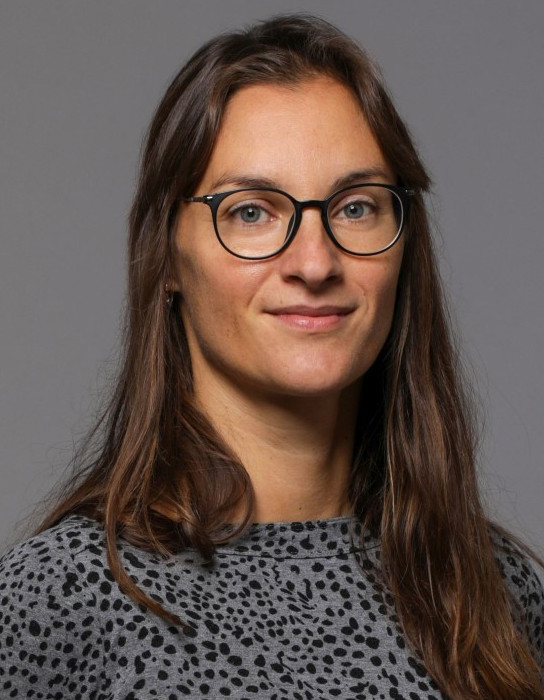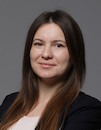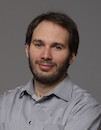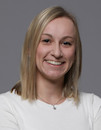Computer Controlled Systems
Data is displayed for academic year: 2023./2024.
Lecturers
Lectures
Laboratory exercises
Course Description
The course begins with definitions of signals and systems, and mathematical models of continuous-time linear control systems. Block diagrams and block algebra are presented. Representation of systems in state-space is described. Computation of continuous-time system responses to input signals (e.g. step, impulse) in described. The Laplace transform is introduced, system transfer function defined, and zero-pole analysis performed. All previous concepts are also described for discrete-time domain, in particular modelling of discrete control systems, and state-space representation of such systems. Finally, a PID controller is introduced for discrete systems, with explanation how to tune PID controller with the Ziegler-Nichols methods, and presentation of some practical aspects of computer controlled systems.
Study Programmes
University graduate
[FER3-EN] Control Systems and Robotics - profile
(1. semester)
Learning Outcomes
- Classify systems using their basic properties
- Compute and analyse a transfer function of a LTI system
- Compute and analyse a frequency response of a LTI system
- Use a computer to simulate a LTI system
- Conclude if a control system is stable
- Compute state-space representation of a system
- Compute a discrete transfer function
- Compute recursive differential equations of a control system
- Apply a PID controller
Forms of Teaching
Lectures
Lectures will be performed every week in the classroom for a duration of 3 school hours.
ExercisesAuditorium exercises will be performed within the Lecture hours.
LaboratoryLaboratorium exercises will be performed periodically after relevant material given in the Lectures.
Grading Method
| Continuous Assessment | Exam | |||||
|---|---|---|---|---|---|---|
| Type | Threshold | Percent of Grade | Threshold | Percent of Grade | ||
| Laboratory Exercises | 10 % | 20 % | 0 % | 20 % | ||
| Mid Term Exam: Written | 0 % | 40 % | 0 % | |||
| Final Exam: Written | 0 % | 40 % | ||||
| Exam: Written | 0 % | 40 % | ||||
| Exam: Oral | 40 % | |||||
Comment:
Student must complete all laboratory exercises and achieve at least 10 out of a total of 20 points, i.e. at least 2.5 points out of a possible 5 on each of the 4 exercises. At least 50 out of total 100 points is required to pass the course.
Week by Week Schedule
- Historical overview of control systems, Motivation for using control systems, Classification of signals and systems, Basic control system structures
- Block diagrams and algebra, Modeling of signals and systems, Linear differential and difference systems, Linearization
- Transient and impulse system response, Forced and natural system response, State space representation of continuous control systems
- Laplace transform for continuous linear systems, Transfer function of continuous control systems, Inverse transform
- Pole and zero influence on linear time-invariant system time response, Control system quality criteria in time domain
- Stability of LTI systems, Stability from transfer function, Algebraic stability criteria (Hurwitz)
- Frequency characteristic, Nyquist diagram, Bode diagram, Graphic stability criteria (Nyquist and Bode)
- Midterm exam
- Z-transform, Modeling of digital control system elements, Euler forward and backward discretization, Difference equations
- Transfer function of discrete control systems, Block diagrams of discrete control systems
- State-space representation of discrete control systems
- PID controller structures, Tuning of PID controller parameters; Ziegler-Nichols methods
- Tuning of PID controller parameters; Ziegler-Nichols methods, Practical aspects of PID controller design; Filtering; Anti-windup
- Digital PID controller synthesis
- Final exam
Literature
N. Perić, Z. Vukić, M. Baotić, M. Vašak, N. Mišković (2010.), Automatsko upravljanje - predavanja, Sveučilište u Zagrebu Fakultet elektrotehnike i računarstva
Katsuhiko Ogata (2014.), Modern Control Engineering,
For students
General
ID 223132
Winter semester
5 ECTS
L1 English Level
L1 e-Learning
60 Lectures
0 Seminar
0 Exercises
12 Laboratory exercises
0 Project laboratory
0 Physical education excercises
Grading System
87.5 Excellent
75 Very Good
62.5 Good
50 Sufficient


 Pristupačnost
Pristupačnost



